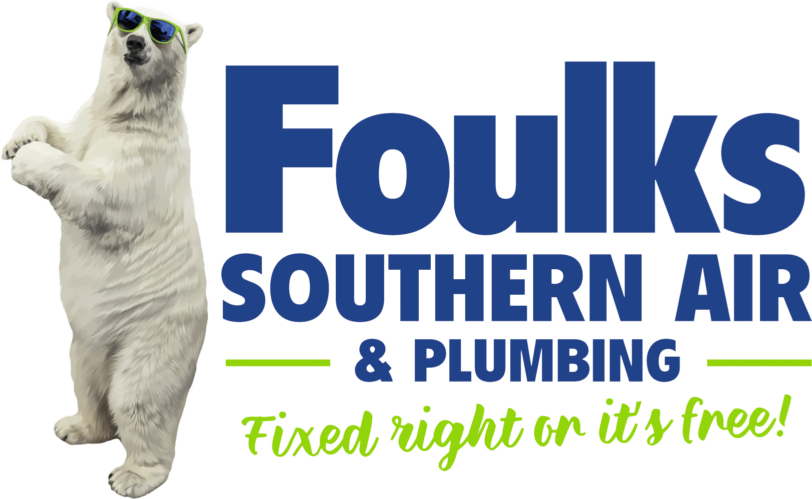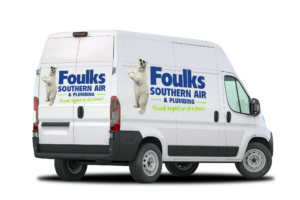Your home’s heating system can be functionally different from your neighbor’s. Does that matter? What’s the difference? Is one style of furnace better than the other? And how can you decide which is right for you? At Foulks Southern Air, we are here for residents of Hammond and Covington, Louisiana. Let us help you understand the different furnace options available to you so you can make an informed decision about your next furnace tune-up or installation.
How Do Heating Systems Work?
A gas heating system utilizes propane or natural gas to fuel burners to build up heat. This combustion process produces toxic gases that require ventilation outside of the home. Therefore, a gas furnace must be properly installed and sealed perfectly to prevent carbon monoxide and other pollutants from leaking out of the system. The efficiency of gas furnaces can vary, but they generally heat a home faster than an electric furnace.
Electric Furnaces
Rather than using gas as fuel, electric furnaces utilize electrical heating elements to activate and power the heat exchanger. This process does not produce any toxic gases, so there is no need to install a flue. This type of heating system is a good choice for homeowners living in warmer climates since electric heaters warm the air to only around 95°F. Not only that, but an electric heater is easier to maintain than a gas furnace and requires less frequent professional tune-ups.
Gas Furnaces
At a glance, gas furnaces are a larger investment to install but cost less in utilities than an electric furnace. On the other hand, an electric furnace is not as heat efficient but does not require regular maintenance, unlike a gas heater. Deciding what is most important–heat efficiency, up-front costs, maintenance or lifespan–can help you make the best choice for your home heating needs.
Direct Comparison
Electric Furnace
Pros
- Suitable for warmer climates
- Less noisy than a gas furnace and no combustion process
- Can last up to 30 years
- Easy to maintain
Cons
- Lower heat efficiency–warms the air to about 95°F
- Higher utility costs
Gas Furnace
Pros
- More heat efficient
- Suitable for colder climates–warms the air to 120-140°F
- Lifetime up to 20 years
- Lower fuel costs
Cons
- Carbon monoxide risk
- Requires regularly scheduled maintenance
Which is Best For You?
Understanding your household’s needs, your budget and the climate where you live will help you decide which type of furnace is best for you. Maintaining an existing furnace may make more financial sense for your family than installing a new unit. Or, you may already be spending more money on repairs than your current furnace is worth and it may be time to replace it. Winters in southern Louisiana are relatively mild, so weighing your heater’s efficiency against utility costs is another serious consideration.
Take time to weigh your options and contact the professionals at Foulks with questions or concerns about your home’s heating system. When it’s time for your new furnace installation, trust Foulks Southern Air to get the job done right. Contact us today!





